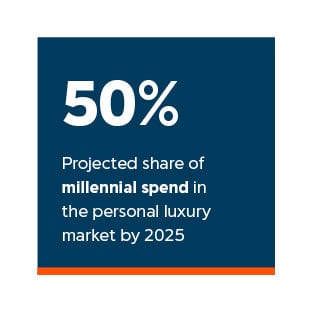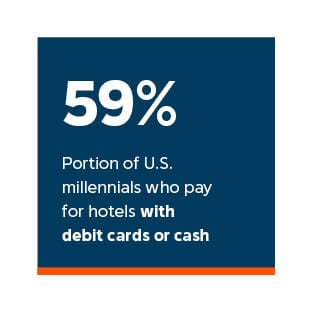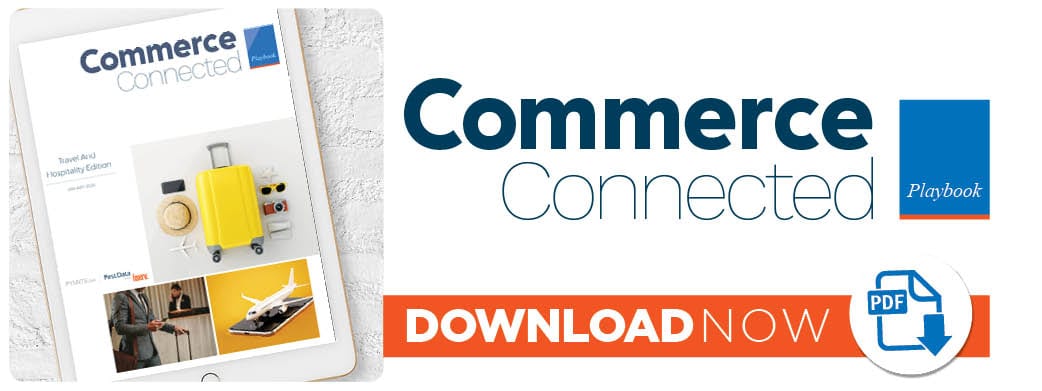Airbnb: How To Win The $1.4T Battle For Millennials

Airlines, hotels and homesharing platforms need strategies to satisfy the travel needs of four generations of jetsetters, each with different payment and booking preferences. This can be difficult, even for companies used to dealing with the whims of travelers, as they must support multiple payment types and channels to ensure they are appealing to the largest possible base of potential guests.
 For example, studies show that one in every five millennials would abandon travel booking processes if their preferred payment method was not offered. Millennials are set to become a significant portion of global travelers (they already are, in fact), so it is critical for platforms to reach them in the channels where they are already. That increasingly means the online and mobile spaces, something also true for the trickle of Gen Z travelers starting to plan vacations.
For example, studies show that one in every five millennials would abandon travel booking processes if their preferred payment method was not offered. Millennials are set to become a significant portion of global travelers (they already are, in fact), so it is critical for platforms to reach them in the channels where they are already. That increasingly means the online and mobile spaces, something also true for the trickle of Gen Z travelers starting to plan vacations.
In the latest edition of the Commerce Connected Playbook, PYMNTS analyzes how the travel and hospitality industries are changing to accommodate more sophisticated payment technologies, aimed at enticing digital-savvy travelers.
Homesharing Platforms Vie For Millennial, Gen Z Travelers
 Millennials and Gen Z are making up more of the consumer population, with millennials accounting for 20 percent of all global travelers. These jetsetters are younger and energetic, and put more of a premium on experiences than past generations, making them a highly sought-after demographic. This means that the already fierce competition between hotels and homesharing platforms has ratcheted up yet another level.
Millennials and Gen Z are making up more of the consumer population, with millennials accounting for 20 percent of all global travelers. These jetsetters are younger and energetic, and put more of a premium on experiences than past generations, making them a highly sought-after demographic. This means that the already fierce competition between hotels and homesharing platforms has ratcheted up yet another level.
Platforms that want to gain access to these customers must keep up with fast-changing travel trends and, most especially, payments, according to Sam Shrauger, vice president of payments for homesharing site Airbnb. Visit the Playbook’s feature story to find out how Airbnb is prioritizing payments for millennial loyalty.
Travel, Hospitality Get A  Millennial Makeover
Millennial Makeover
Part of the reason that millennials are prized customers is because they are starting to spend more. These consumers are set to spend a collective $1.4 trillion on travel annually, which means that homesharing and ridesharing platforms, travel sites and hotels must be prepared to satisfy their particular preferences.
Hotels are looking to attract these customers by revamping their loyalty programs, but they are hitting a few stumbling blocks when it comes to generating the level of loyalty needed. To learn more about how hotels and other travel services are responding to the shifting millennial needs, visit the Playbook’s Deep Dive.
About The Playbook
The PYMNTS Commerce Connected series — a collaboration with First Data (now Fiserv) — gives readers an overview of the latest developments, data and trends from the connected commerce space. Each Playbook covers major news involving connected commerce players, and includes a data-driven Deep Dive into various retail segments and industries.
